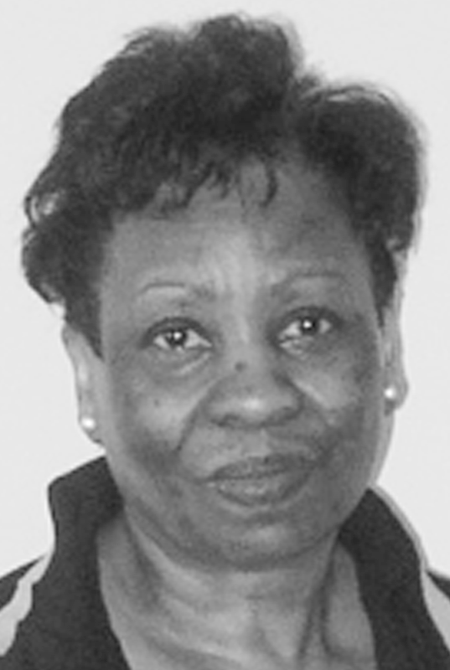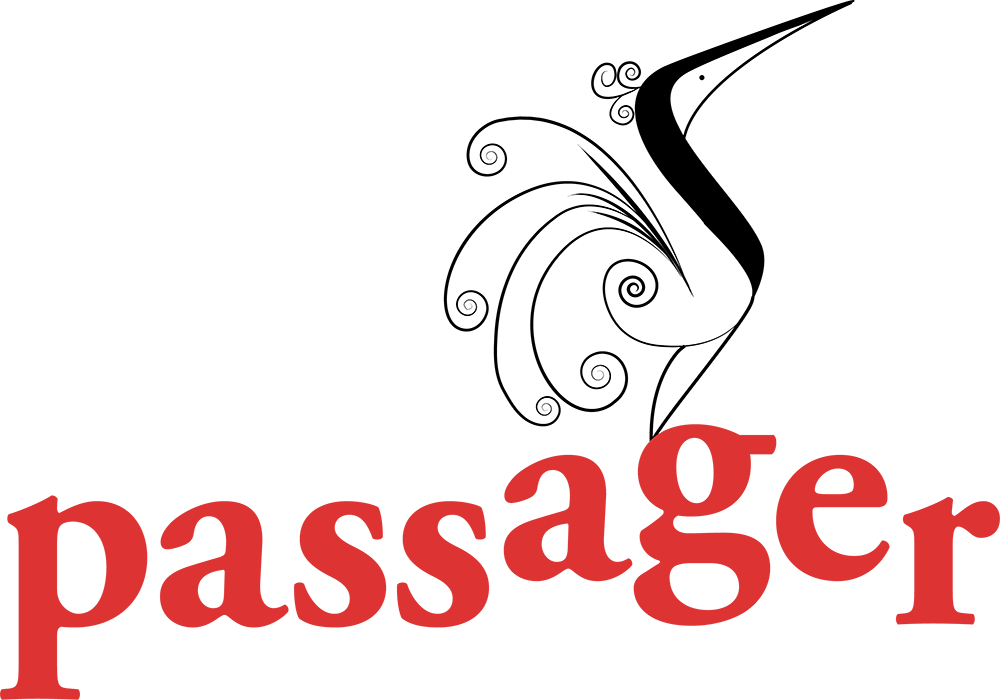Juneteenth



This episode celebrates Juneteenth, with pieces by Mary Carter Smith, Lucille Clifton and Larnell Custis Butler.
6 minutes
TRANSCRIPT
This episode celebrates Juneteenth, a holiday commemorating the emancipation of slaves in this country.
Passager’s second issue back in 1990 featured a discussion among three storytellers. One of them, Mary Carter Smith, performed her stories in hospitals, schools, libraries, and prisons around the world. She was a griot, part of a tradition of oral history and story tellers from West Africa. Here’s some of what she said in that issue.
One time I was at a school gymnasium where they had never had an assembly. When we sang “Lift Every Voice and Sing,” which is the Black national anthem, the kids were boogying. I said, “I’m here, and you don’t have to listen to me, for God did not make you puppets, but I share something that is important.”
Stories carry so much of what we need to know. Our laughter, our mores, our folkways, our ideals. We can fight the battles with these stories. In Africa and the Caribbean, we sing the same songs again and again.
Every family has a griot, somebody who remembers the birthday, the recipes, the nicknames, and somebody to carry on each tradition. People don’t value tradition and will look down and be ashamed of what happened. They don’t want to bring the skeletons out. But somebody needs to put it down so that we will know who we are.
For example, my great-grandmother had a feather mattress — that was a big deal, you know, to have a feather mattress was It. When her children left home, she took some feathers from her mattress and some from her new mattress and gave them to her daughter. My grandmother gave my mother some of those feathers plus new feathers, and there was a feather mattress passed down. So I’ve had it here on the bed for years. What’s going to happen after me? I have no children to whom to leave it. I’m the last of the line. So I decided I’m going to take some of those feathers out and put them in a plastic bag and tie it with red, black and green ribbon for the liberation colors and give to the people in the family that are left, and anybody else who wants them.
Mary Carter Smith in Passager’s second issue, talking about the importance of story tellers.
Lucille Clifton was a former Maryland Poet Laureate, author of over 30 poetry and children’s books, and a two-time finalist for the Pulitzer Prize in poetry. In Passager’s first issue back in 1990, she talked some about her life.
She said she started college at Howard University in Washington DC but lost her scholarship and transferred to Fredonia State Teachers College near Buffalo, NY — “for three of the worst months of my life. They had never seen black people. There must have been only four of us. When we walked down the street together, people just stared from their cars. I was put into remedial English. At Howard, I was in the top 98th percentile. But when I got to Fredonia I was put into remedial English as a matter of course. I didn’t take a placement test. I wrote a paper and when I got it back they told me I got a poor mark because I was trying to be original. That even Shakespeare copied, they said. What did I mean, trying to be original? And now, you know, I’m the full professor who is tenured who is not a college graduate!”
An excerpt from an interview with Lucille Clifton from Passager’s first issue.
Larnell Custis Butler sat in the park near her house, drew pictures of the people she saw, using a sharpened stick she dipped in ink, and then wrote poems about the lives she imagined for them. Here’s a poem she wrote about herself, “To My Black Female Ancestors Who Endured Slavery in America.”
I have seen some sepia-colored
Photographs of black women, dark
As mahogany wood, and delicately
Sweet-looking as purple-morning
Vined flowers.
Names of relatives of mine from early
Days in America stared back at me
From photographs kept in a wooden
Box carved with symbols I have
Never seen.
I have touched the cracked veins
Of lines that have cut their presence
Across the surfaces of family photographs.
With my finger, I have traced each
Line, and wondered to myself whose fingers
Have kissed an eye or touched a shoulder
As I have.
Sepia looking photographs of colored
Slave women do not tell of generational
Curses some of my female ancestors
Were burdened with from birth to death.
I have a determination to carry the
Dignity I see in the faces of my female
Ancestors.
The curse will stop at me.
Larnell Custis Butler’s poem “To My Black Female Ancestors Who Endured Slavery in America” from her book Improvise in the Amen Corner.
To buy Improvise in the Amen Corner, subscribe to, or learn more about Passager and its commitment to writers over 50, go to passagerbooks.com. You can download Burning Bright from Spotify, Apple and Google Podcasts, and various other podcast apps.
It’s been 245 years since all men were created equal and 158 years since the United States outlawed slavery. And yet we still have a long way to go.
For Kendra, Mary, Christine, Rosanne, and the rest of the Passager staff, I’m Jon Shorr.



